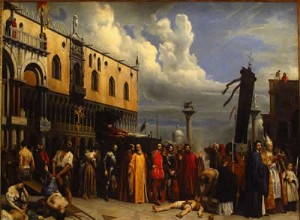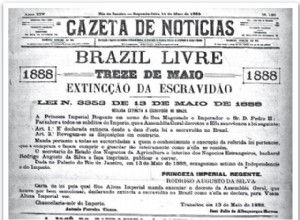question 1 (UEL-PR) “[...] the demographic increase, which took place from the 11th to the 16th century, allowed the multiplication of the increasingly parasitic nobility. Their consumption habits became more demanding and larger, which determined a need for an increasingly higher income. There fol




